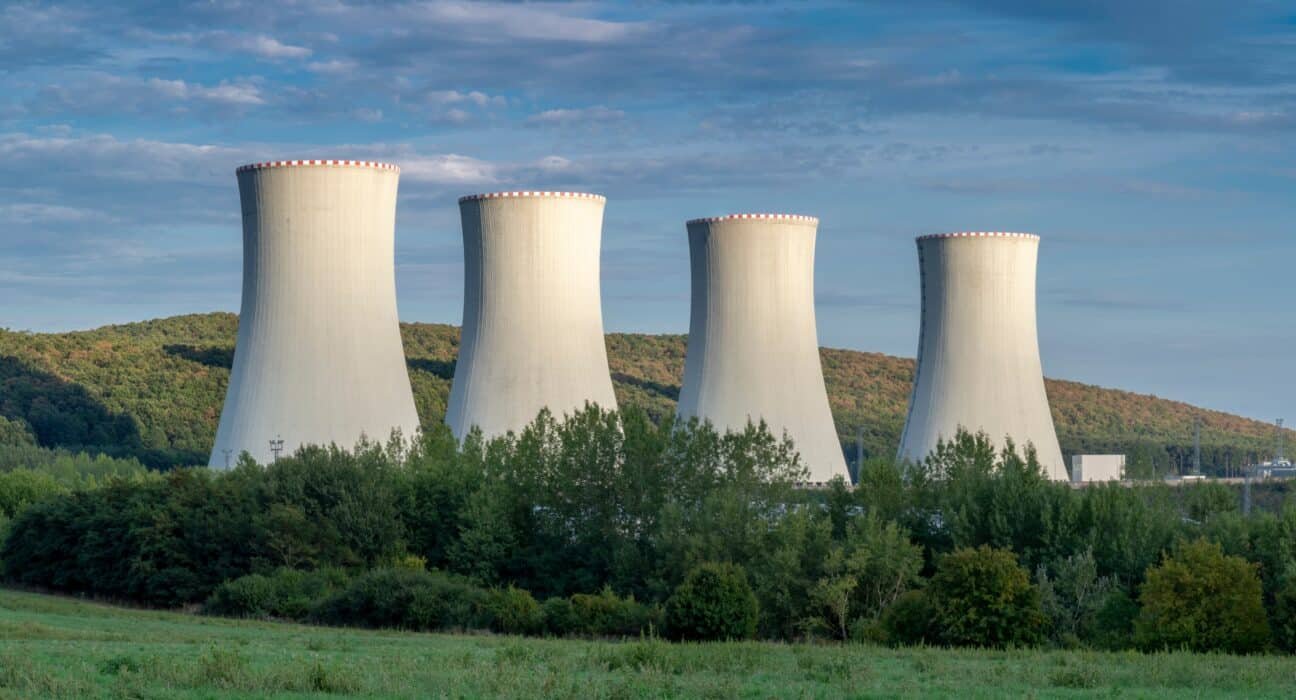The Department of Energy responds to recent graft allegations by clarifying the parameters of the Coal Moratorium Policy.
The Coal Moratorium Policy issued in December 2020 is not a total ban, according to the Department of Energy-Electric Power Industry Management Bureau (Power Bureau).
Not included in the policy are the following: operational and existing coal-fired power generation facilities; committed power coal-fired power projects; pre-existing power plant complexes with established expansion plans and land site provisions; and promising power projects with a track record of accomplishments, such as signed and notarized land acquisition or lease agreements with approved permits and resolution from the Regional Development Council and Local Government units where they are located. The Coal Moratorium Policy explicitly delineates these terms under Item 2.
The DOE issues certification that a project is not under the moratorium at the request of the project proponent, following a meticulous review and verification by the Power Bureau. The DOE has been religious in issuing confirmations and verifications of non-coverage for several non-proponents of coal-fired power projects.
Claims of arbitrariness in the issuing of certifications were declared baseless by the Power Bureau, and have quoted Secretary Raphael P.M. Lotilla as saying: “Diversification of energy sources is critical to energy security. Unfortunately, we get pilloried for favoring solar and wind over coal and get charged for favoring coal over renewable energy. This leaves us with a reassuring feeling that we are getting the damn thing right.”
In July 2024, progressive coalitions filed a graft complaint against Lotilla for his alleged defiance of the coal moratorium due to the expansion of the Toledo coal-fired power plant, although it was already proven that AboitizPower’s Therma Visayas Inc. had already secured permits for the construction prior to its declaration in October 2020.


